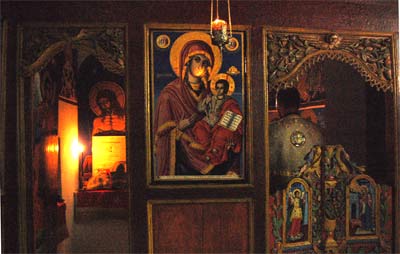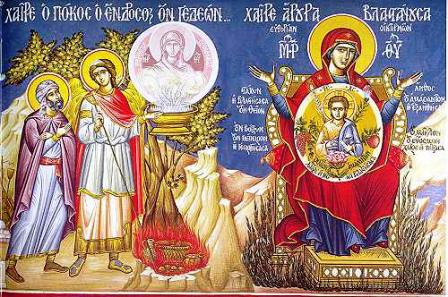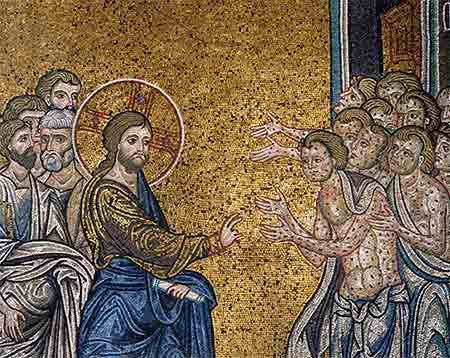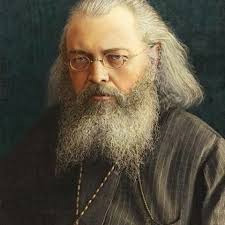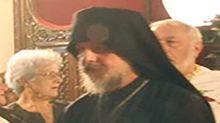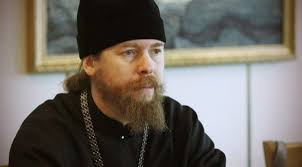Известување
На 7 октомври 2013 г. (понеделник) во Македонската академија на науките и уметностите ќе се одржи научната конференција „Нови знаења за нов развој“ (New Knowledge for New Development).
Конференцијата е во заедничка организација на Македонската академија на науките и уметностите и на Европскиот центар за мир и развој од Белград. На настанот ќе учествуваат реномирани научни работници од Република Македонија и од странство. Во прилог Ви ја испраќаме програмата за настанот.
Целите на Конференцијата се:
1. Импликациите на новите развојни трендови на глобално ниво имајќи ги предвид неговите специфични развојни карактеристики, особено во европски контекст и во контекст на развој на предизвиците и обврските на европските народи.
2. Улогата на новите знаења во развојот на балканскиот регион имајќи ја предвид состојбата на своите човечки, природни, институционални и други стекнати развојни ресурси, посебно истакнувајќи ја очекуваната динамика на структурата на ресурсите и значењето за развојот.
3. Можните облици на соработка на Балканот во обликувањето нов развој, користењето на расположливите ресурси во иницирање и одржување на знаење засновано на развој, насочено кон подобрување на квалитетот на животот и унапредување на меѓународната конкурентност на балканските економии.
4. Потребите и можностите за соработка меѓу балканските земји во иницирањето заеднички развојни проекти поврзани со развојот на инфраструктурата, научни и развојни истражувања, како и културата и образованието, со посебен акцент на високото образование.
МАНУ, 4.10.2013 г.
Conference
NEW KNOWLEDGE FOR NEW DEVELOPMENT
Skopje, MANU, 7 October 2013 (Monday)
P R O G R A M M E
9:00 – 9:30
9:30 – 10:15
10:15 – 12:00
12:00 – 12:15
12:15 – 14:00
14:00 – 15:30
15:30 – 17:30
17:30 – 18:00
18:00 – 19:30
Registration
Welcome Address
Acad. Vlado Kambovski, President of the Macedonian
Academy of Sciences and Arts
New Paradigm of Education in the New Millennium
H.E. Prof. Dr. Albert Maes, President of the ECPD Executive Board
and Professor of the University of Namur, Belgium
Keynote speeches
Prof. Dr. Jonathan Bradley, Vice President of the ECPD Academic Council and Professor of West of England University, UK
Key Characteristics of New Development
at the Global Level and in Europe
Acad. Abdulmenaf Bexheti, Member of the Macedonian
Academy of Sciences and Arts, Skopje
Role of new knowledge in the development of the Balkan region
Prof. Dr. Ljubomir Kekenovski, Ss. Cyril and Methodius University, Faculty of Economics - Skopje
Possible forms of cooperation in the Balkans
in shaping new development
Prof. Dr. Tauno Kekale, Rector of VAMK University, Vaasa, Finland
Education for New Development and the Possibilities of Cooperation among the Educational Systems in the Balkans
Discussion
Coffee break
First Session
Prof. Dr. Mihail Petkovski, Elena Naumovska, Ss. Cyril
and Methodius University, Faculty of Economics - Skopje
The Financial Development and the Catching up Process
in the Central and Eastern European Countries
Acad. Ljubiša Adamović, Dean of the ECPD International Postgraduate
and Doctoral Studies and Professor of the Florida State University, USA
Relationships of Global Economic Forces at the beginning of XXI century
Prof. Dr. Siniša Zarić, Professor of ECPD International Postgraduate Studies and Professor of the University of Bologna
Crowd Sourcing as a new Business Model: Learning
to use the Knowledge and Potentials of the Many
Prof. Dr. Nano Ružin, Professor of ECPD International
Postgraduate Studies
Social Sciences in Transitional Societies: Load of the Past –
Urgency of the Present
Acad. Timi Ečimovič, Rector of the World Open University, Isola
Report on Education
Prof. Dr. Nikola Popovski, Professor of ECPD International Postgraduate Studies
Constraints of the Macedonian Transition toward
the Knowledge based Economy
Discussion
Lunch
Second Session
Prof. Dr. Jeffrey Levett, Member of the ECPD Academic Council
and long-standing Scientific Director of the National Institute
of Public Health, Athens, Greece
Thoughts on the Development of a Balkan Research Culture
Prof. Dr. Stefan D. Tiron, Head of International Relations,
University of the Academy of Sciences of Moldova, Chisinau
Prof. Dr. Tome Nenovski, Elena Makrevska, MBA
University American College, Skopje
Uncertainty in Creating Macroeconomic Policy: Knowledge,
Skills and (Un)predictability
Prof, Veselin Vukotić, Associate Member of Montenegrin Academy
of Sciences and Arts; Rector of University Donja Gorica – UDG
S = z ∙ i2
Prof. Dr. Jove Kekenovski, University St. Kliment Ohridski, Bitola
New Knowledge and the Policy of High Education
in the Republic of Macedonia – Fiction or Reality
Emilija Tudžarovska-Gjorgjievska, Msc., Ss. Cyril and Methodius University, Faculty of Philosophy - Skopje
Key Role of the ‘Knowledge Bases’ Socities in the Era
of Globalization
Prof. Dr. Donco Donev, Professor of ECPD International
Postgraduate Studies
Peace Building and Stabilization of the South Eastern Europe Region through Public Health Cooperation Stability Pact Project Network
Discussion
Coffee break
Third Session
Prof. Dr. Vlado Bučkovski, Professor of ECPD International Postgraduate Studies
Prof. Dr. Tome Nenovski, University American College, Skopje
EMU crisis Creates Regional Groupings: are Balkan Countries Challenged by That?
Prof. Dr. Victor Pajvanski, Ss. Cyril and Methodius University –
Faculty of Architecture, Skopje
Tecnologies of Innovative Thinking
Prof. Dr. Elena Bundaleska, Prof. Dr. Vlado Naumovski, Makedonka Dimitrova, MPPM, University American College, Skopje
Outsourcing, can We Go Wrong?
Dr. Mirjana Stanković, Ministry of Education and Science
of the Republic of Macedonia; Prof. Dr. Biljana Angelova, Prof. Dr. Verica Janeska, Institute of Economics, Skopje
Science and Innovation Policy in Southeast Europe:
Brain Drain as Brain Gain
Ass. Prof. Irina Čudoska Blaževska, PhD, Prof. Nazmi Maliqui, PhD, Ass. Prof. Zunun Zununi, PhD, FON-University, Skopje
There is no development without knowledge – the problem of experts outflow from the Balkan countries
General discussion
Closing Remarks
-----------------------
Speeches are limited from 10 to 15 minutes, discussions 5 minutes
Working language: English









